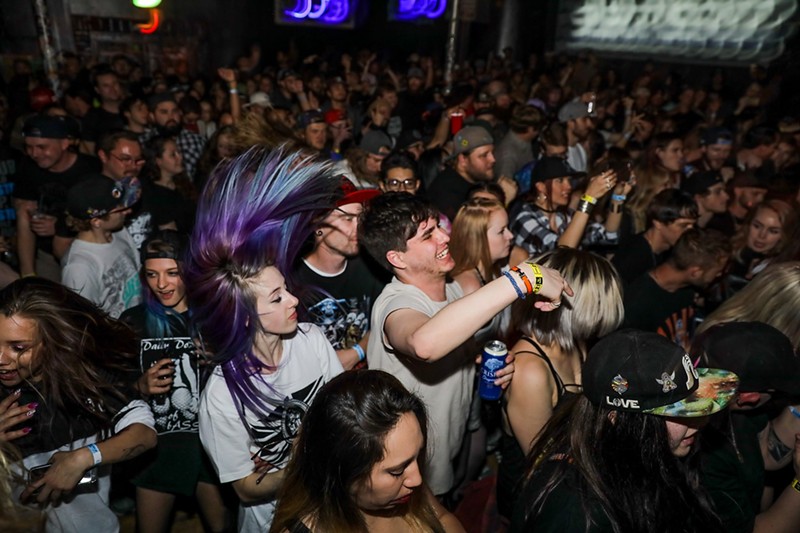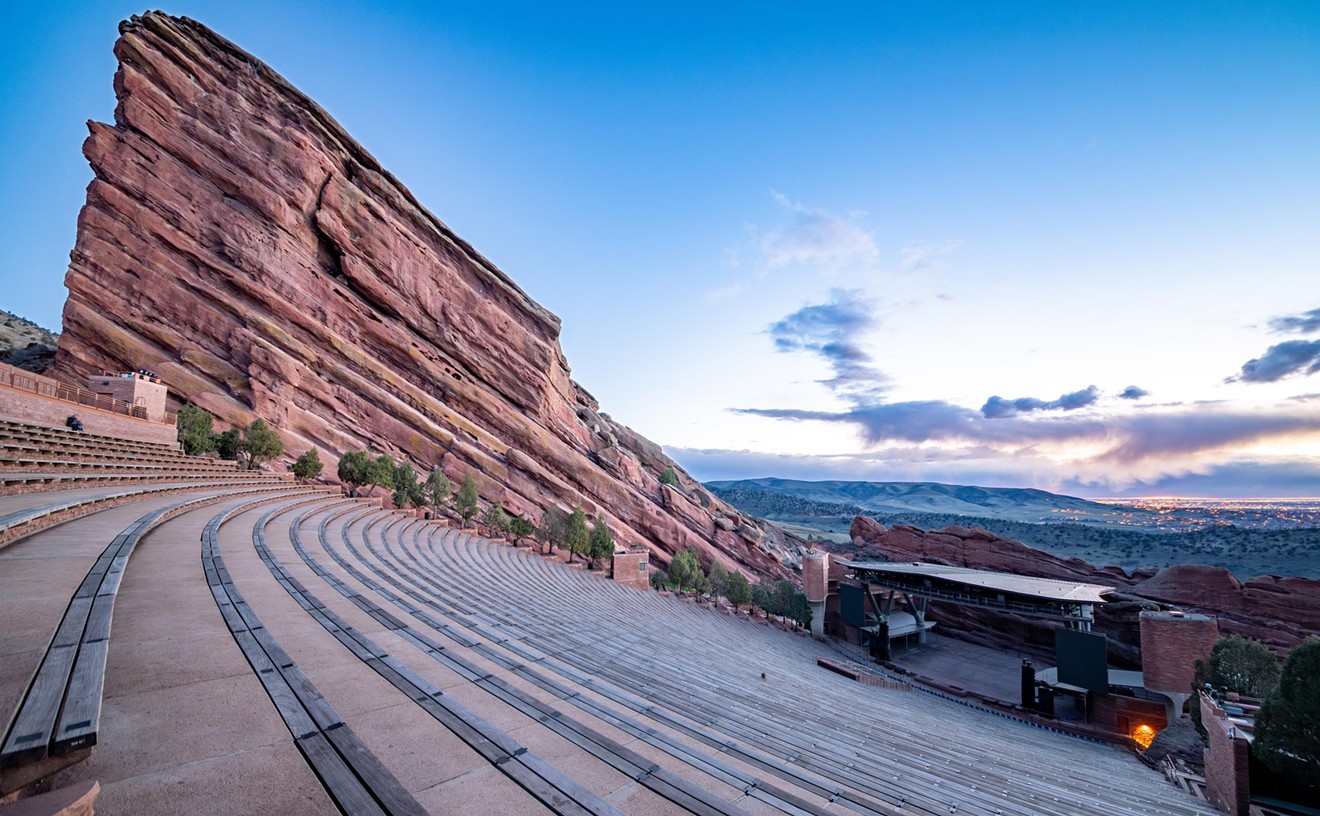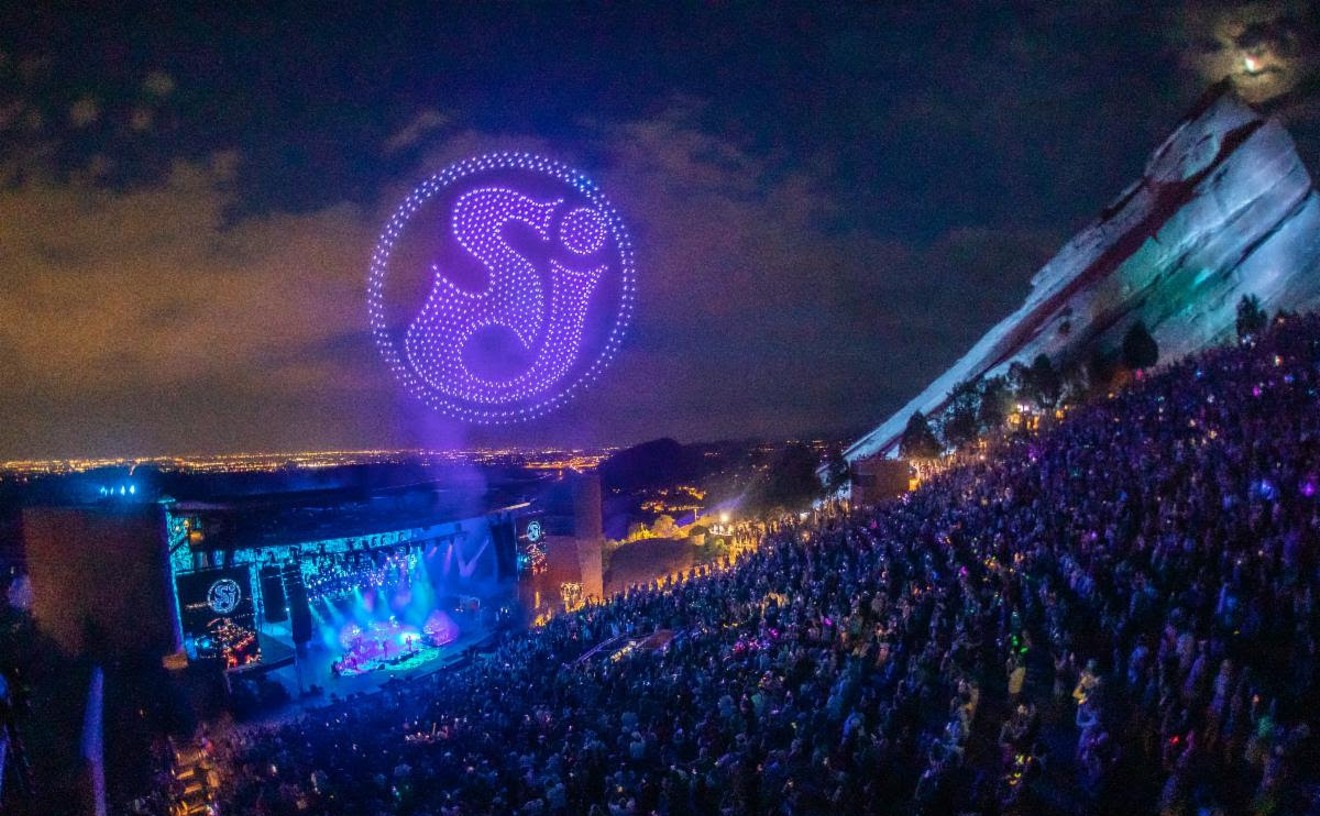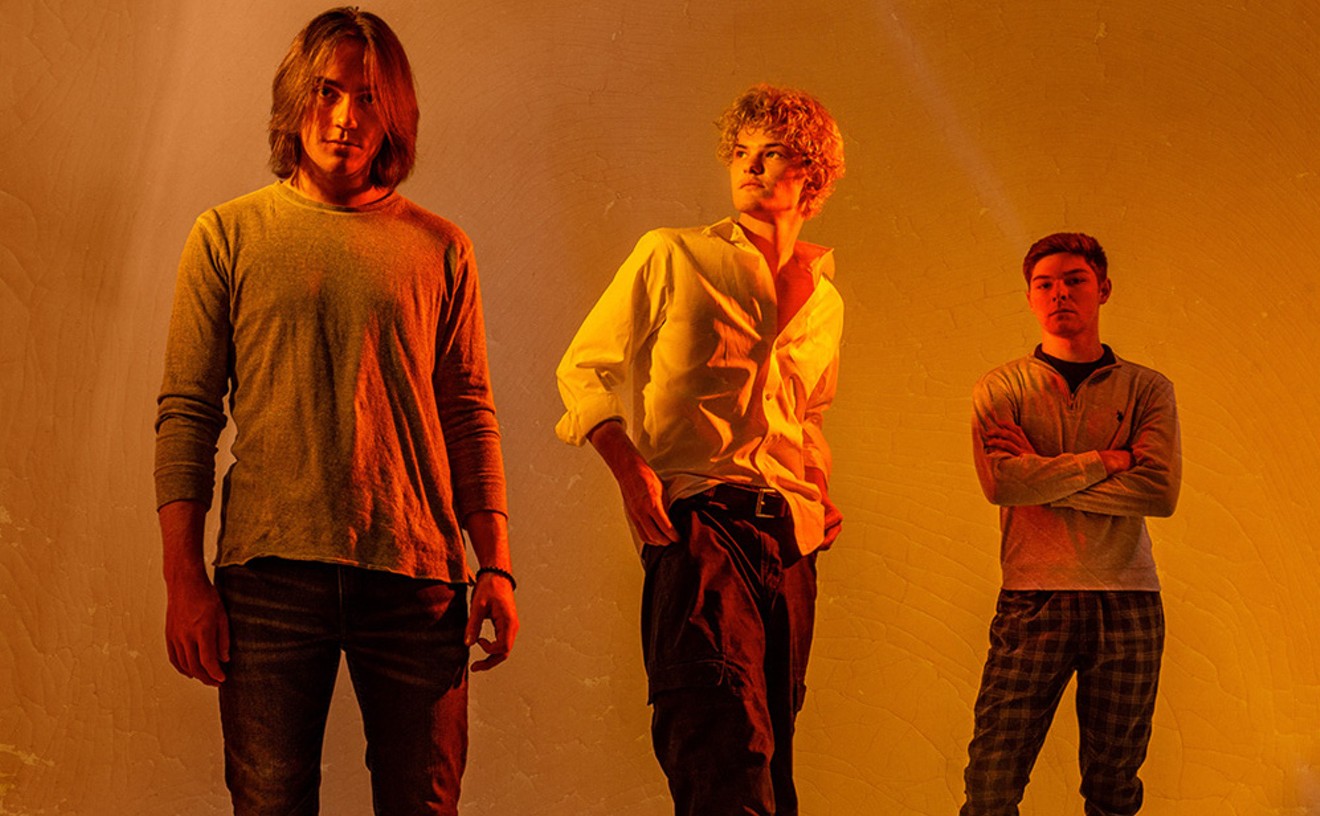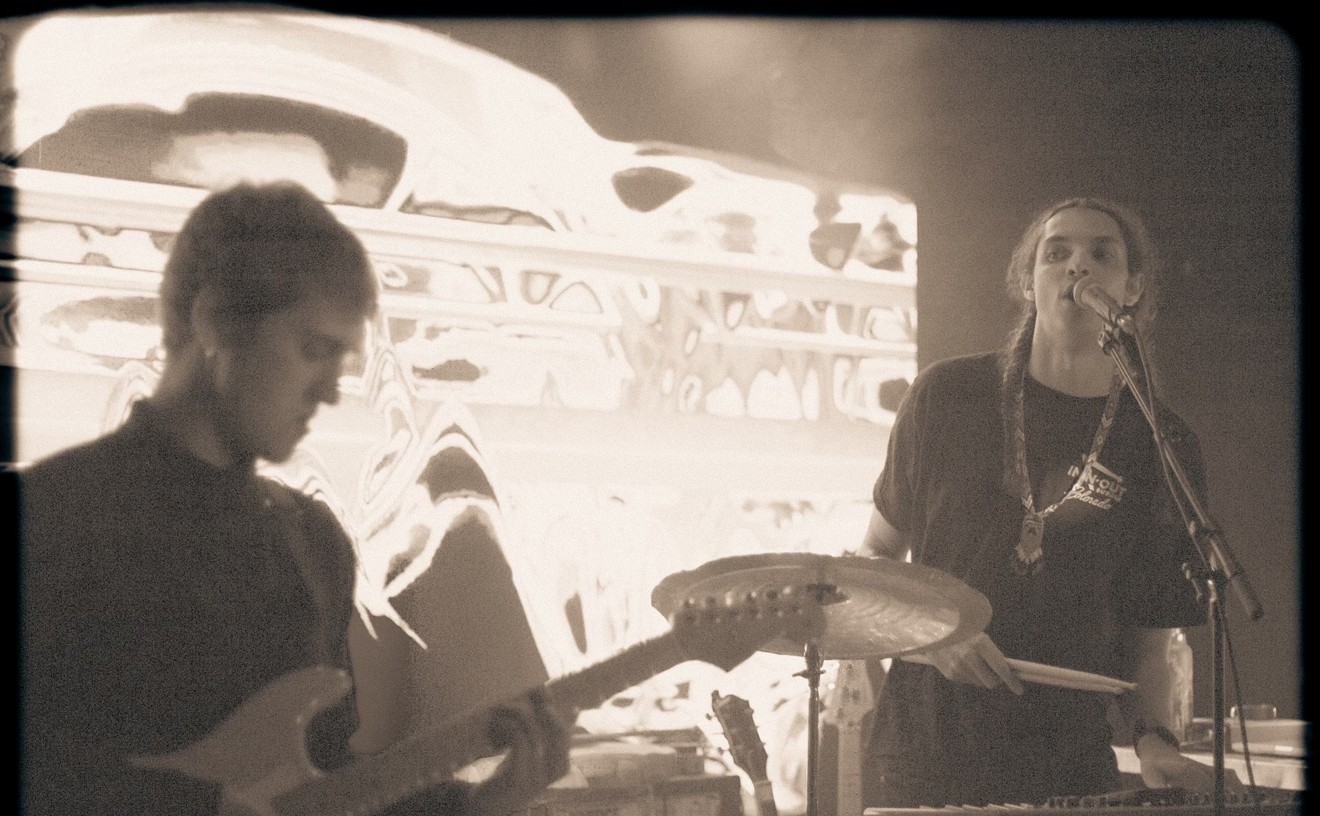Like most venue owners, Nicole Cacciavillano, who runs the underground electronic music club The Black Box, is disheartened by a recent statistic from the National Independent Venue Association: 90 percent of independent music venues could be forced to close because of revenue lost during the COVID-19 pandemic.
“It's sad to see these statistics,” she says. “Independent venues are the foundation of the music industry.”
That foundation has been crumbling since March, when clubs and theaters went dark in an effort to slow the spread of COVID-19. Now the industry faces a tough question: Will venues be able to figure out a way to beat the odds and stay open?
If they want to survive, they need to be innovative, says Cacciavillano: “Venues need to get creative. I find that merch, loyalty cards or other platforms for fan connection can help a lot. Venues can look into streaming, and use this downtime to showcase the artists they support and the sounds that they built their venues upon.
"I feel fortunate enough to share that we have had some real support,” she adds. “Slug Wife, Spicy Bois and Caspa have helped. Artists such as Jake Amason, and Dice51 have also helped by creating custom merch for us. Our dedicated local fans have really kept us going, and have been generous enough to donate. I have been so moved about the support we have received from everyone. It's hard to put it into words."
Restrictions on venues, bars and clubs have been shifting almost weekly; many promoters are confused about what’s permitted and are operating under various interpretations of the stay-at-home and shelter-at-home orders.
On May 31, LoDo's Bar & Grill threw one of the first permitted parties, called End of Quarantine: A Sit Down Dance Party. Black/Tuesday, Bindle and Gary Givant played. As the name suggests, people had to stay seated unless they were walking to the restroom.
Earlier this week, Beta, which was opened for two weeks, was shut down indefinitely by the city because of multiple violations of the rules.
TheHundred Presents has had more success hosting some socially distanced, outdoor parties at Club Vinyl and Bar Standard. So far, shows have included house and techno producers such as Andy Immerman, Movesayer, Dsqise and more. Organizers ask guests to use face masks, limit capacity and check temperatures at the entrance.
Some die-hard fans don't think the hassle is worth it. Christine Aletti, a local promoter and avid dance-music fan, says, "For me, so much of music is tangible and experienced in my body. Being around people, moving with them, running around an event to say hi and laugh — this is how I experience electronic music. Being six feet away in your own bubble kind of defeats that purpose."
As far as revenue goes, small outdoors parties offer little compared to what promoters expect this time of year, leaving venues wondering if they will survive in the long run.
Musicians are also panicked about income. Most have stopped touring for the foreseeable future, out of safety concerns and because artist rates are lower.
“Figuring out how to deal with postponed parties has been a challenge,” says Below Radar promoter Peter Blick. “Capacity issues, contract clauses, fees already paid, and a whole range of ethical and business-related issues are all factors. Discussions with agents have pretty much dropped off completely over the past few weeks while people see how things unfold.”
Boulder live house band Dynohunter had its Electric Forest and Bonnaroo gigs canceled. While it’s been a financial blow, the group has found some creative alternatives.
“It's given us more time to focus on writing new music along with some really good video content of us performing live,” says bandmember Clark Smith. “I see that as a silver lining, and the ability to reach a more global fan base through our online presence. It's also given me time to find new or old music to play in my sets. It's helped me slow down and appreciate life a little more, though it has been really hard to not play shows.”
Ben Archuleta, who tours as Ben A. and manages house and techno label Moody Recordings, has also seen a financial impact; as an artist, he's struggled, but as a producer, he's seen an uptick in work.
“The individual clients, and labels I master and mix down for, have increased excessively during the lockdown,” Archuleta says. “This is due to artists having more time to finish songs. I have struggled with my own projects, but have managed to finish seven new originals in twelve weeks. This week alone, I’ve signed to two labels — 1994 Music and 1101 Records. However, since I’m a music producer, I’ve always lived in quarantine by being in the studio all the time. So it’s not that much different.”
Embracing the Internet has been a constant for decades in the electronic-music scene, so creating a professional, DIY live-streaming scene was a natural move. In Colorado, a group of promoters and DJs started the Facebook group Facebook Live Sets Via Quarantine. Since its start in late March, it has grown to more than 20,000 members. DJs can post their streams there to reach a wider audience. The organizers have also thrown their own show there, headlined by Los Angeles-based techno producer Truncate.
Beatport, the Denver-based, internationally recognized dance-music distributor, has also been live-streaming. The company has been responsible for a series of online fundraisers called ReConnect, spotlighting acts like Bonobo, Bob Moses and Tiesto, and has also streamed the Movement festival, an annual celebration of Detroit, the home of techno.
While all this has kept DJs busy, online concerts haven’t proven to be a secure revenue stream, and legal issues are already coming up, as artists are having their streams taken down for violating Facebook, Twitch and YouTube's strict licensing agreements.
In the meantime, everybody is hoping for a vaccine, a cure or some safe strategy to allow venues to reopen. And while they wait, many want the government to step in with assistance that will allow them to weather the shutdown. Without that, a vast majority of venues may not survive — and the entire music economy could be obliterated.
“Independent venues give artists the stage, environment and crowds they need to get one foot on the ladder,” explains Cacciavillano. “We need indie venues to remain open and continue to give a platform for our diverse music scene. Without them, live music would only be accessible to those privileged few and destroy the very fabric of our culture.”
[
{
"name": "Air - MediumRectangle - Inline Content - Mobile Display Size",
"component": "12017618",
"insertPoint": "2",
"requiredCountToDisplay": "2",
"watchElement": ".fdn-content-body",
"astAdList": [
{
"adType": "rectangle",
"displayTargets": "mobile"
}
]
},{
"name": "Editor Picks",
"component": "17242653",
"insertPoint": "4",
"requiredCountToDisplay": "1",
"watchElement": ".fdn-content-body",
"astAdList": [
{
"adType": "rectangle",
"displayTargets": "desktop|tablet"
},{
"adType": "rectangle",
"displayTargets": "desktop|tablet|mobile"
}
]
},{
"name": "Inline Links",
"component": "18838239",
"insertPoint": "8th",
"startingPoint": 8,
"requiredCountToDisplay": "7",
"maxInsertions": 25
},{
"name": "Air - MediumRectangle - Combo - Inline Content",
"component": "17261320",
"insertPoint": "8th",
"startingPoint": 8,
"requiredCountToDisplay": "7",
"maxInsertions": 25,
"watchElement": ".fdn-content-body",
"astAdList": [
{
"adType": "rectangle",
"displayTargets": "desktop|tablet"
},{
"adType": "rectangle",
"displayTargets": "desktop|tablet|mobile"
}
]
},{
"name": "Inline Links",
"component": "18838239",
"insertPoint": "8th",
"startingPoint": 12,
"requiredCountToDisplay": "11",
"maxInsertions": 25
},{
"name": "Air - Leaderboard Tower - Combo - Inline Content",
"component": "17261321",
"insertPoint": "8th",
"startingPoint": 12,
"requiredCountToDisplay": "11",
"maxInsertions": 25,
"watchElement": ".fdn-content-body",
"astAdList": [
{
"adType": "leaderboardInlineContent",
"displayTargets": "desktop|tablet"
},{
"adType": "tower",
"displayTargets": "mobile"
}
]
}
]

